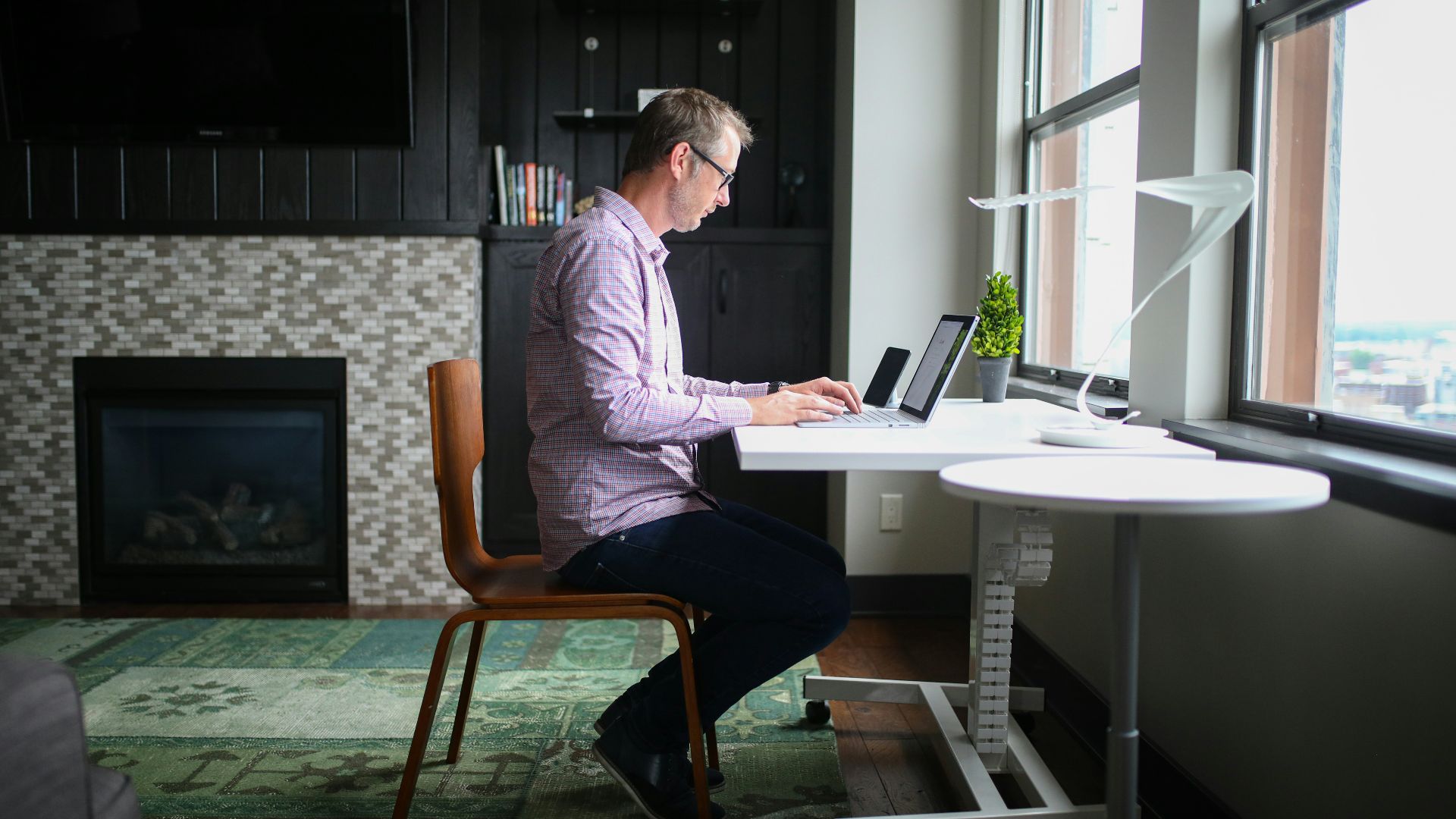Workplace Woes: When is Enough Finally Enough?
We’ve all worked for a terrible employer. Though many of us are willing to fluff it off as the corporate grind, burnout harms our health more than we think. Let’s dive into a few signs your work is wearing on your well-being, and a few ways you can deal with it.
1. You’re Always Stressed
Stress looks different on everyone, but it will always negatively affect you. Whether it’s an imbalanced diet (or a lack of eating altogether), difficulty focusing, or social withdrawal, chronic stress can cause dangerous health concerns down the line.
 Photo By: Kaboompics.com on Pexels
Photo By: Kaboompics.com on Pexels
2. You’re Physically Sick
Sometimes our stress levels are so high that we develop physical symptoms. Headaches and digestive issues are common signs that work is weighing heavily on your health. Some people may also develop higher blood pressure, weight fluctuations, or a weakened immune system.
3. Relationships Are Suffering
Burnout can also negatively impact your relationships, especially if you lash out or socially withdraw. From personal relationships to work friendships, either can suffer as you struggle with chronic stress at work.
4. There’s No Work-Life Balance
Toxic work environments thrive with no work-life balance. What this means for you is emails after work, unpaid overtime, or an expectation that you essentially be chained to your desk. That constant worry only exacerbates stress and seriously impedes any self-care.
5. You Don’t Think About Anything Else
Are you able to unplug after work? Can you think of anything else when you’re at home? If work is always on your mind, it’s a pretty clear sign that you’ve been worked to the bone. Worrying about work after hours doesn’t give you the chance to unwind, and it only worsens your overall health.
6. You’re Irritable
It’s no surprise that burned-out employees feel the heat—and that stress comes with irritability. If you snap at loved ones or find yourself overwhelmed more often, it’s usually a clear-cut sign that you’re in over your head.
7. Lack of Movement
9-5 desk jobs can wreak havoc on your health if you’re not careful. When you pair a sedentary lifestyle with sitting for eight hours a day, your joints and muscles suffer. That lack of movement can cause anything from muscle pain and obesity to mental health concerns and even an increased risk of heart disease.
8. You Don’t Have Work Friends
Our overall health isn’t just dependent on vegetables and daily movement—social interaction is another key factor. It’s easy to feel left out of the work culture without any friends in the office. Without a support system, it’s also easier to get buried under the weight on your shoulders.
9. Problems Sleeping
Whether it’s sleeping too much or not sleeping enough, those interruptions are a key indicator of burnout. Both impede cognitive function, can exacerbate stress levels, and even lead to long-lasting concerns like heart disease or poor immune function.
10. Long Commutes
Not everyone has the luxury of working from home, and long commutes don’t do any favors for our health either. People caught in rush hour commutes have a higher chance of obesity (you’re sitting even longer during the day), stress, and experience a greater risk of high blood pressure or depression.
Though it’s easier said than done, there are a few steps you can take to try and make a stressful job more bearable.
1. Take Some Time Off
You’re entitled to time off work, so make sure you capitalize on your PTO. Even if you can’t take a full-blown vacation, you can still remind yourself about deserved breaks throughout the day. Those baby steps allow you to break the tie between work and your personal life, which helps create a healthier balance.
2. Ask for Help at Work
A good employer is more than willing to help struggling employees. If you can, consider talking to your boss to let them know what’s going on. They may not realize the pressure you’re under, and an honest discussion can help you both brainstorm solutions.
 Gabrielle Henderson on Unsplash
Gabrielle Henderson on Unsplash
3. Ask for Help From Others
You need a support system outside of the office, so recruit loved ones into your circle. There’s no shame in asking for help when you need it. Let them know when you need a shoulder to cry on. Tell them when you just need to vent. Good communication relieves a little of that stress.
4. Make Time for Yourself
Self-care is one of the most effective ways to combat burnout—and you know yourself better than anyone. It could be crafts. It might be a quiet movie night at home. Maybe it’s drinks with friends. However you unwind, it’s important to make time for yourself.
5. Unplug After Work
It’s not always easy to unplug after work, but it’s necessary for a healthy work-life balance. Mute notifications, don’t check your emails, and establish boundaries between you and your employer. You’re not wrong for only working during work hours!
6. Welcome Little Changes
Sweeping changes don’t come overnight, so it’s best to start small sometimes. If you find yourself sitting for too long, get up every half an hour to stretch your legs. You can also prepare healthy meals on the weekend that save you prep time during the week.
7. Relaxation Techniques
Don’t underestimate the power of meditation or controlled breathing. Those techniques help you shut out the world and focus on your overall health. Try to wake up a little earlier so you have time to connect with your thoughts; starting the day out right can make all the difference.
8. Tackle Problems Head On
We can’t always leave our jobs when things get hard. If that’s the case, it’s time to think critically about what you can and can’t control. For example, you can try and delegate tasks so you’re not buried under work. If you constantly complain about your job, try to curb the habit so you can shift your mindset. You can also try and build relationships at work to nurture a support system.
9. Consider Career Options
On the other hand, it’s important to know when a job just isn’t for you. Even if the pay is great or you can work from home, how much are those benefits worth when you’re constantly burned out? Consider making the switch if things reach an all-time low.
10. Know When to See a Professional
No one said you have to deal with burnout alone. Therapists can work you through helpful solutions that not only keep you sane but also shift your perspective. They’re also excellent resources for anyone dealing with mental illnesses.
KEEP ON READING

20 Best Oils and Fats for Aging Hearts

20 Ways To Eat The Recommended Amount Of Vegetables
























